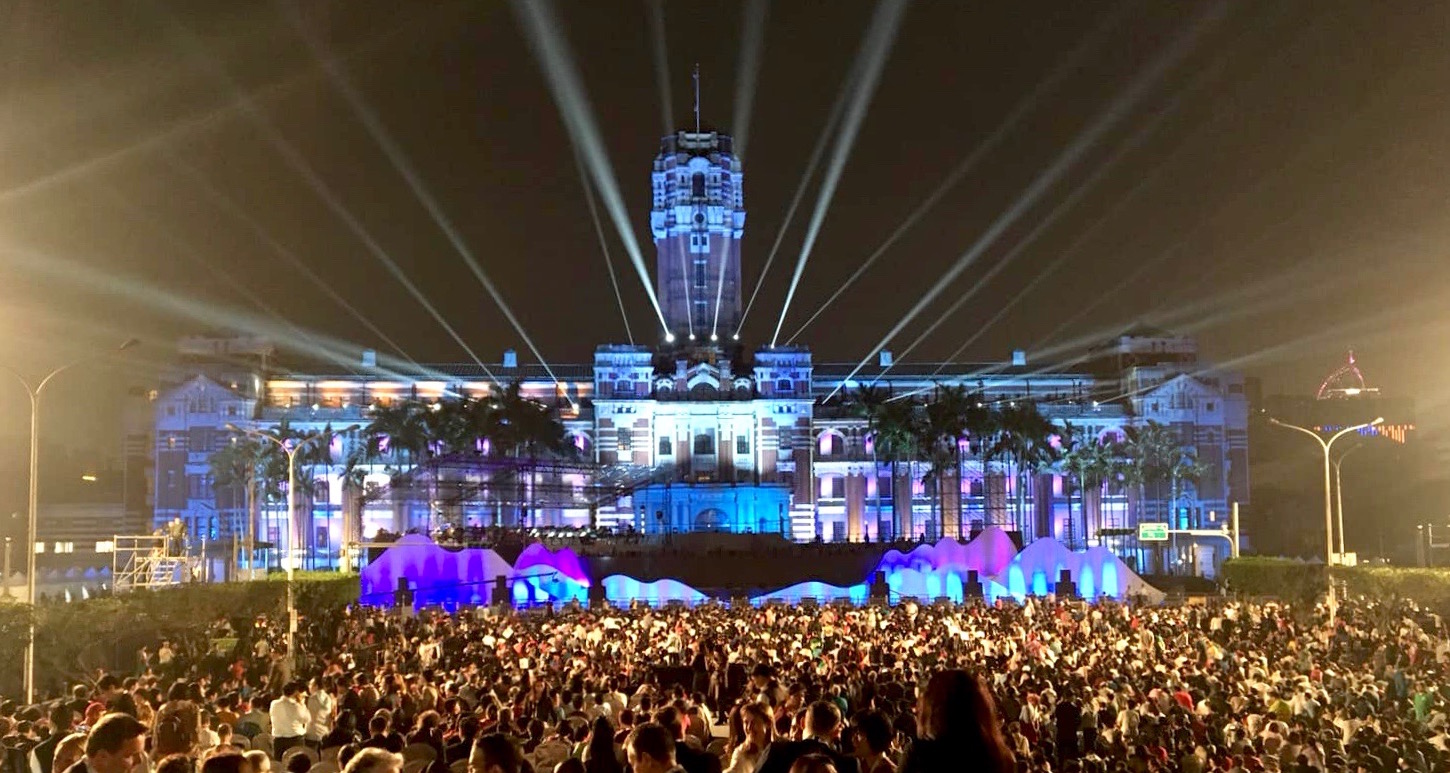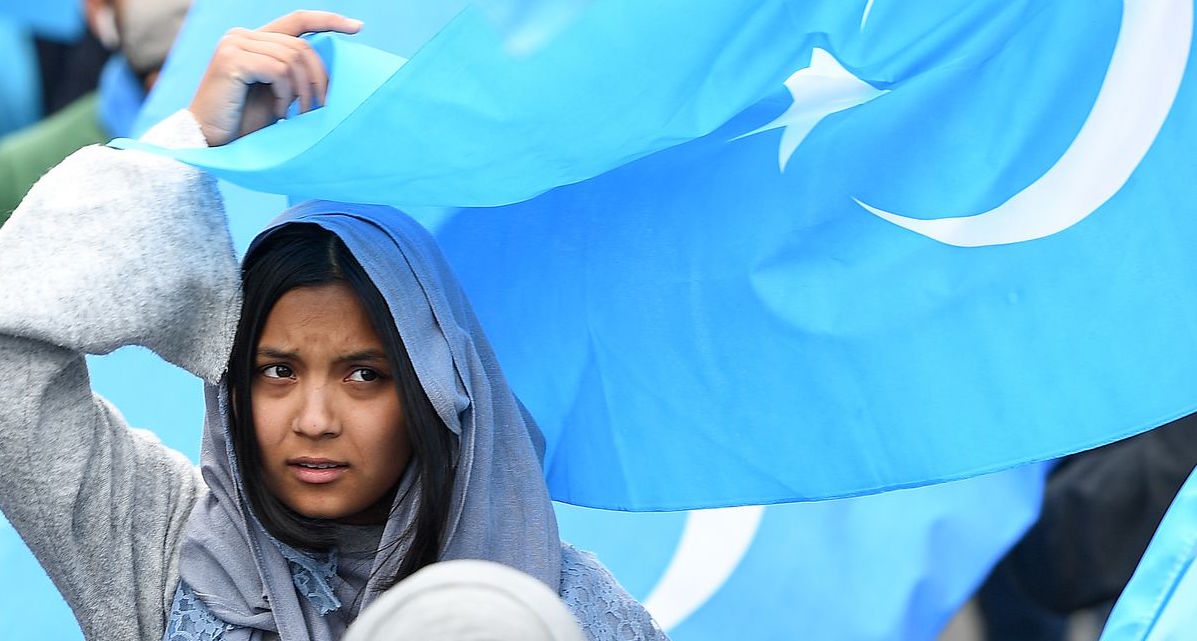After more than a billion dollars in infrastructure investment, port acquisitions and the promise of riches, Panama has decided to sever ties with Taiwan and to embrace the PRC.
Panama last night announced it was establishing diplomatic relations with the People’s Republic of China, the latest in countries that have decided to sever ties with Taiwan and recognize the PRC.
President Juan Carlos Varela Rodríguez made the announcement on national networks at 8:00p.m. Panama time.
According to La Estrella de Panama, in recent years China has become one of the three largest users of the Panama Canal. In May 2016 Landbridge Group (China) purchased Margarita Island Port, Panama’s largest port. As part of the US$900 million deal to control Panama’s Margarita Island Port, Chinese interests have vowed heavy investments to upgrade port facilities and build a deepwater port capable of docking larger ships. Landbridge is also the firm that acquired the Port of Darwin in Australia’s Northern Territory.
Chinese state firms, COSCO Shipping Corp among them, have also been eying opportunities to develop land around the Panama Canal. According to Reuters, the Panama Canal Authority will open a tender to develop as much as 1,200 hectares of land around the canal by the end of 2017.
Panama has also been positioning itself as the main hub from which to transport Chinese goods to Latin America.
During a meeting with a Chinese business delegation in late 2016, Panama’s Vice Minister for Foreign Trade Nestor Gonzales said his government was seeking closer ties with China. Various trade agreements were signed at the time.
Taiwan’s President Tsai Ing-wen visited Panama in June 2016 to attend the inauguration ceremony for the expanded Panama Canal and visit President Varela Rodríguez.
In April this year, Alfredo Martiz, the outgoing Panama ambassador in Taipei, reaffirmed his country’s strong ties with the Republic of China (Taiwan). Panama had been a diplomatic ally of the ROC since 1922. In 2009, then-president Ricardo Martinelli announced his intention to establish diplomatic relations with the PRC but was turned down by Beijing amid the “diplomatic truce” with president Ma Ying-jeou (coincidentally, Martinelli was arrested by U.S. Marshalls in Florida today on corruption charges).
Latin America has long been the focus of a diplomatic tug of war between Taiwan and China.
In December 2016, the African nation of São Tomé and Príncipe severed ties with Taiwan and established diplomatic relations with Beijing amid signs of renewed efforts by China to woo Taiwan’s diplomatic allies following Tsai’s election earlier in the year. Beijing, which has called upon President Tsai to recognize the so-called “1992 consensus” and “one China” principle (despite low support among the Taiwanese population for such preconditions), has also intensified its isolation of Taiwan internationally by preventing its participation at various multilateral forums, such as the World Health Assembly (WHA) in Geneva, the International Civilian Aviation Organization (ICAO) in Montreal and Interpol.
This brings to 20 the number of Taiwan’s official diplomatic allies, though relations with unofficial ones remain vibrant and essential to the nation’s ability to function as a sovereign state.
The official statement by the Presidential Office to Panama’s move is available here. Statement by President Tsai here.
You might also like
More from World
The Making of ‘Insidious Power: How China Undermines Global Democracy’
A new book released on July 30 takes a close look at the agencies and mechanisms of CCP 'sharp power' …
The Stars Are Aligned: The Case for a Greater International Role for Taiwan
More than ever, the world’s leading democracies must rally to the cause of freedom and international law, at the center …
Activists Trace Origins of China’s Intensifying Repression of Uyghurs
Taiwan on March 11-12 hosted the ‘Civil Society Dialogue on Securing Religious Freedom in the Indo-Pacific Region.’ Organized by the …









